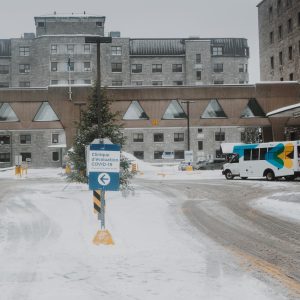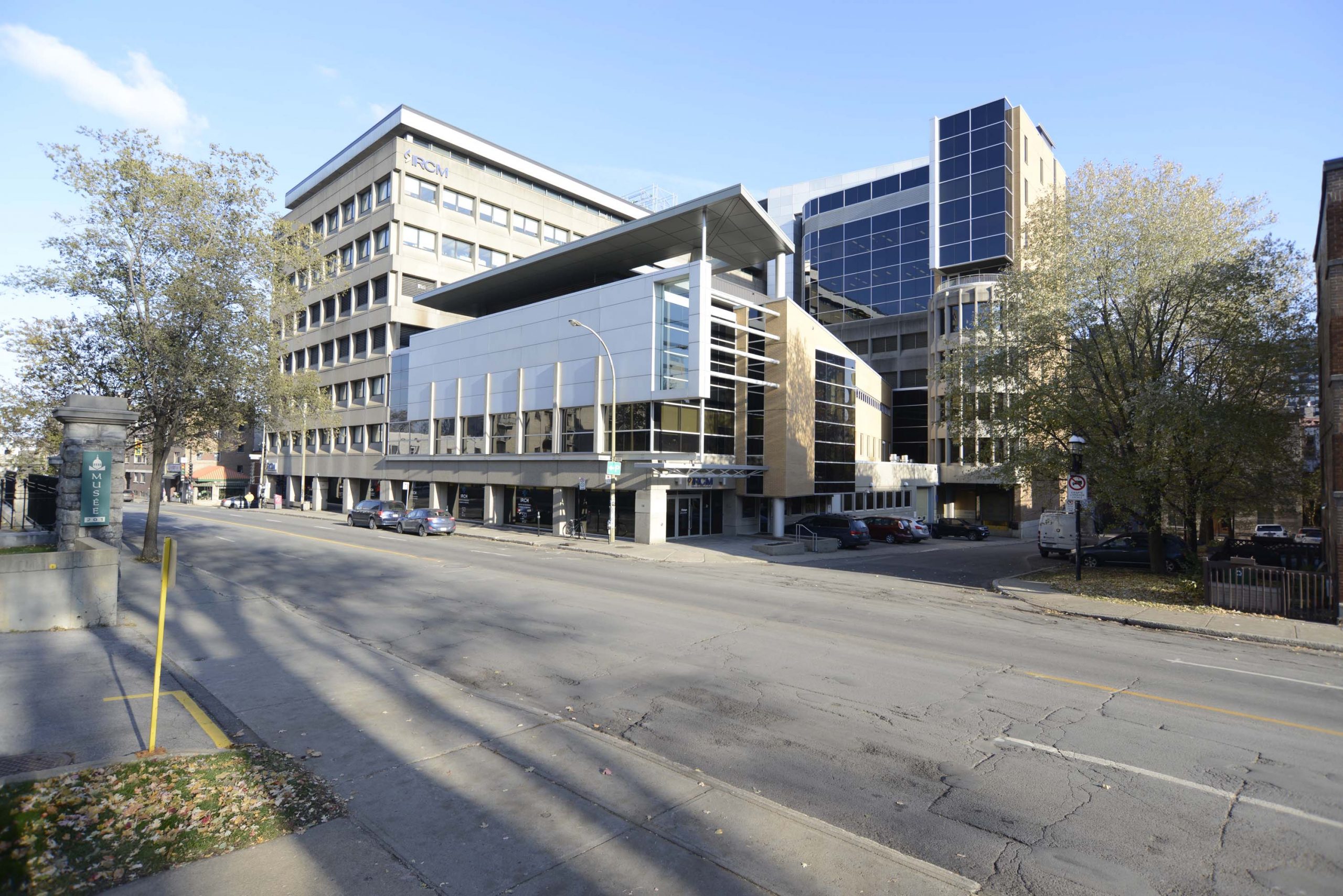Patients still experiencing symptoms after COVID-19 recovery will be thoroughly examined at the new facility
The city’s first post-COVID-19 clinic welcomed Montrealers with debilitating symptoms following their COVID-19 recovery, opening on Feb. 12. Located at the Montreal Clinical Research Institute (IRCM) in Plateau-Mont-Royal, the clinic primarily focuses on studying COVID-related complications, which often last several months.
Dr. Emilia Liana Falcone is the clinic’s director, having specialized in inflammatory complications even before the COVID-19 outbreak. She leads a multidisciplinary team of nurses, dieticians, cardiologists, neuropsychologists, and other consultants for post-COVID symptoms.
The IRCM researcher started to develop the clinic in April 2020, when Canada was experiencing the first wave of the pandemic.
“When I saw that there’s such an exuberant inflammatory response to COVID-19 — and that there will likely be long-term consequences of that — the idea of founding such a clinic came up, so we began the process,” said Dr. Falcone.
The facility is currently designed to accommodate up to 570 patients. Every person goes through an evaluation procedure that involves blood and saliva tests, liver and kidney checks, as well as pulmonary and cardiac function tests.

The clinic functions as a research and diagnostics facility rather than a hospital where all patients are treated on the premises. By collecting samples from patients, the clinic builds a biobank that fosters downstream research, which allows for more targeted treatments of each post-COVID complication.
“If there needs to be a quick intervention or if the situation is urgent, then we will treat the patient with the resources we have. However, our main goal is to complete a thorough assessment and then refer the patient to a proper specialist for further medical treatment,” Dr. Falcone explained.
Intense fatigue, shortness of breath, chest tightness, and insomnia are some of the common post-COVID symptoms the clinic has witnessed. Some patients also suffer from brain fog — they are unable to concentrate for months and even experience a certain degree of memory loss.
Other Montrealers have reported increased levels of anxiety after contracting COVID-19, as well as losing interest in hobbies and activities they used to really enjoy before the pandemic.
Dr. Falcone told The Concordian that “There’s also a possibility that our evaluation will uncover complications that don’t translate into symptoms right away, such as kidney failure or liver dysfunction. The patient might not feel the symptoms, but that’s something we could detect in the blood test.”
Those who contracted the coronavirus in recent months are more likely to feel these symptoms. However, according to Dr. Falcone, some patients still suffer from side effects almost a year after getting the virus.
The research institute aims to increase its capacity once more resources become available, since restructuring the IRCM’s entrance for the clinic already required significant financial commitment.
On Feb. 18, Quebec’s Health Minister Christian Dubé announced that the IRCM will receive a grant of $1.1 million for the clinic’s further development. The funding will be provided by Quebec’s Ministries of Health and Economics, as well as the Fonds de la recherche en santé du Québec.
“Fundamental health research is essential to meet the challenges we’re currently facing. Thanks to the projects such as that of the IRCM, we’re preparing Quebec’s response for the months and years to come,” stated the Minister of Economy and Innovation, Pierre Fitzgibbon, on Thursday.
Even with the current capacity, the clinic’s operations are a major step forward for Montreal’s fight against the pandemic. Post-COVID clinics are quite rare in the country, with only a handful located in Toronto, Vancouver, and Sherbrooke.
As for the future, Dr. Falcone expects fewer COVID-related complications once the vaccine becomes available for the general public. She added, “The approved vaccines already seem to be effective, so now the question is how well they will protect us from the recent variants of COVID-19.”
While vaccine developers are working on preventing the spread of COVID-19, the clinic has already begun researching the virus’ side effects to ensure a smoother recovery for the coronavirus’ survivors.
Photograph by Kit Mergaert




